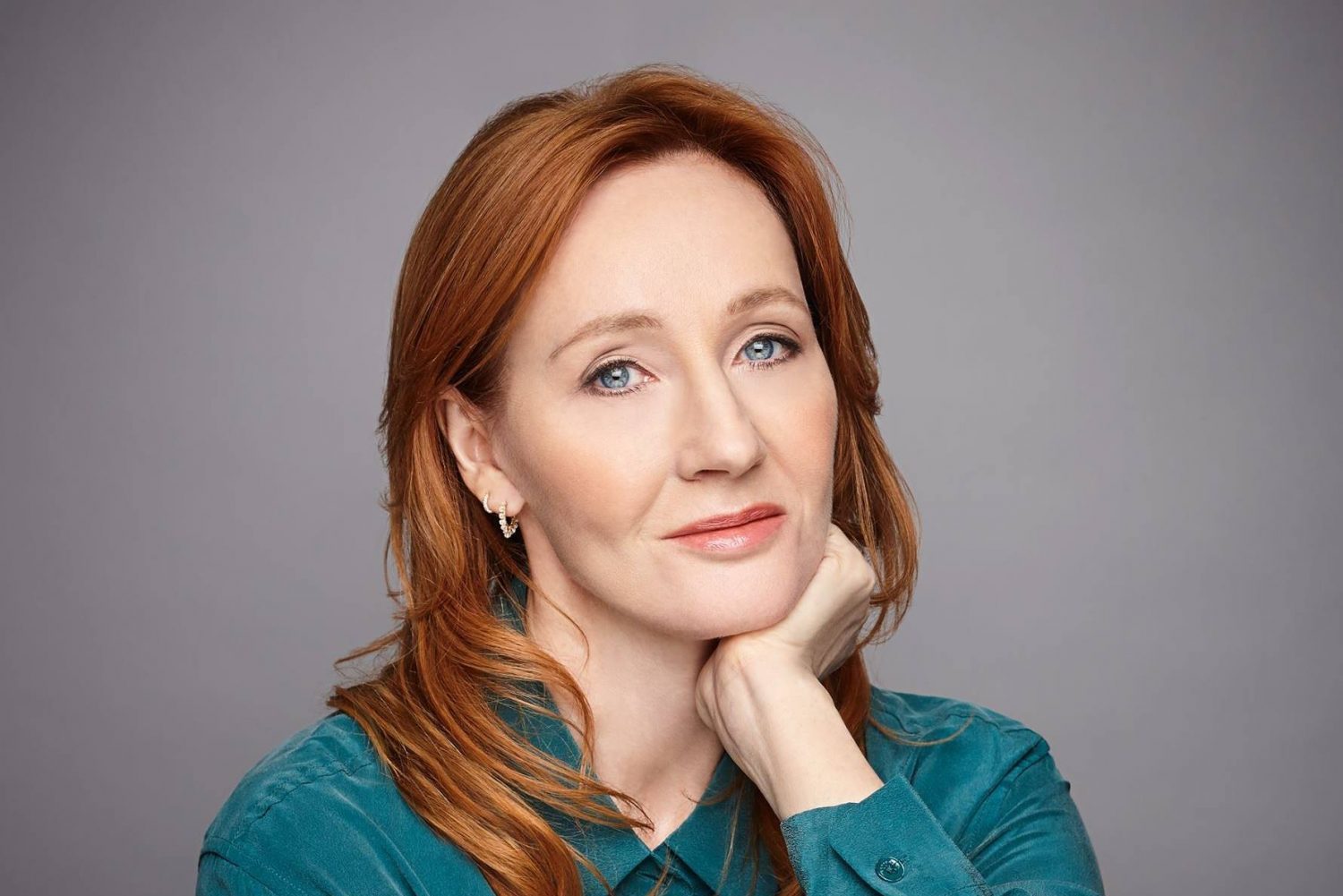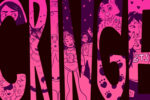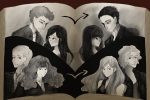It’s been more than two decades since the first “Harry Potter” book was published, and in those two decades the woman responsible for bringing the boy wizard to life, J.K. Rowling, has become the world’s wealthiest author, single-handedly creating a unique and genre-defining series that spanned seven books, eight movies, two theme parks and millions of adoring fans.
Also in those two decades, Rowling has been criticized more than a few times for her tone-deaf statements regarding the LGBTQ community. As recently as June of 2020, many fans who grew up immersed in the wizarding world Rowling created are, once and for all, “canceling” the once beloved author.
2007
Shortly after J.K. Rowling published the seventh and final book in the “Harry Potter” series in 2007, she announced that the character of Dumbledore had “fallen in love with” another male character, effectively confirming he was gay. While some fans of the series hailed this proclamation as a major win for the LGBTQ community, others were angry that Rowling waited until weeks after the release of the final “Harry Potter” book to talk about Dumbledore’s sexuality.
Waiting until after the entire series had been published to out one of the major characters allowed Rowling to, as some pointed out, “have it both ways.” She could proudly state that one of the most influential lead characters in her series was part of the LGBTQ community while also not having to suffer the wrath of conservative parents not allowing their children to read “Harry Potter” books anymore.
To this day, Rowling has yet to explicitly mention Dumbledore’s sexuality, despite the existence of a 2018 film that centered on the very relationship she once stated was a “love relationship.”
2019
And then there are Rowling’s statements regarding the transgender community.
For starters, Rowling has been criticized for “liking” a number of anti-transgender tweets from her personal Twitter account.
More notably, in 2019, Rowling publicly supported a researcher, Maya Forstater, who was fired from her job at the Center for Global Development — a nonprofit organization focused on international development — after tweeting that “men cannot change into women.”
Rowling tweeted in support of Forstater in December 2019 and immediately received a slew of negative responses, with many labeling Rowling as a “TERF,” or a Trans Exclusive Radical Feminist. Rowling continued to openly support Forstater, even after Forstater made statements such as, “There are two sexes. Men are male. Women are female. It is impossible to change sex.”
Dress however you please.
Call yourself whatever you like.
Sleep with any consenting adult who’ll have you.
Live your best life in peace and security.
But force women out of their jobs for stating that sex is real? #IStandWithMaya #ThisIsNotADrill— J.K. Rowling (@jk_rowling) December 19, 2019
Forstater sued the organization over her termination, and later lost the case.
2020
Rowling doubled down on her anti-transgender sentiments on June 6, 2020, when she retweeted an opinion piece from devex.com titled, “Creating a more equal post-COVID-19 world for people who menstruate.” She inquired sarcastically, “‘People who menstruate.’ I’m sure there used to be a word for those people. Someone help me out. Wumben? Wimpund? Woomud?”
Rowling tweeted eight more times that day, emphasizing her belief that “sex is real and has lived consequences,” even though she says she “respect[s] every trans person’s right to live any way that feels authentic and comfortable to them.”
In response to the negative press she received, Rowling released a statement on her website explaining in detail the comments she has made about transgender rights and her reasoning behind them.
Rowling wrote she was concerned about “the huge explosion in young women wishing to transition and also about the increasing numbers who seem to be detransitioning” and she feared that, had the transgender community been as vocal in the 1980s as it is now, she “could have been persuaded to turn myself into the son my father had openly said he’d have preferred.” Rowling is, of course, glad that she never was given the opportunity to transition.
The lengthy and deeply personal statement explains in detail Rowling’s beliefs and her reasoning behind them, and should be read in full by anyone who intends to criticize it. Immediately after the release of the statement, many people took to social media to express their anger and frustration, leading to the hashtag #JKRowlingIsOverParty to trend on Twitter for the day.
Some Harry Potter fans denounced the author altogether and stated they would never read the series again. Others supported the author and used the also trending hashtag #IStandWithJKRowling to express their appreciation for Rowling’s refusal to back down despite all of the hate and vitriol she received.
I love that the Harry Potter books were just found, completed, on a bridge in Edinburgh one morning. So glad we don't have to live in a world where we know who the author was or what weird TERFy ideas they might have had #JkRowlingIsOverParty
— Megan Meunier (@MeganMoonyer) June 7, 2020
Even the three leads of the “Harry Potter” film adaptations made their condemnation of Rowling’s statement known. Daniel Radcliffe, who played Harry Potter, wrote an essay for The Trevor Project on June 8 (before Rowling’s lengthier statement) stating, “Transgender women are women. Any statement to the contrary erases the identity and dignity of transgender people and goes against all advice given by professional health care associations who have far more expertise on this subject matter than either [J.K. Rowling] or I.”
“Trans people are who they say they are and deserve to live their lives without being constantly questioned or told they aren’t who they say they are,” said Emma Watson, who played Hermione Granger, in a tweet on June 10.
Rupert Grint, who played Ronald Weasley, said to The Sunday Times, “I firmly stand with the trans community and echo the sentiments expressed by many of my peers. Trans women are women. Trans men are men. We should all be entitled to live with love and without judgment.”
Amidst the controversy, it was also brought to light that Rowling’s famous pseudonym “Robert Galbraith,” (her Twitter bio outright states, “Writer sometimes known as Robert Galbraith”) is also the name of the psychiatrist who pioneered gay conversion therapy.
Since her June 10 statement, Rowling has gone back to tweeting fan art for her books, stopping the conversation until her next inevitable mishap.

















we should just let people believe what they want. that’s the whole reason america was founded, so that they could practice/believe whatever they want without anyone shutting them down or “canceling” them. this is so stupid. shes one of the greatest author’s of all time and just because of one thing she believed, she’s all of the sudden a terrible person? j.k. rowling is so brave for standing for her beliefs, even after all this hate. I’m proud of her